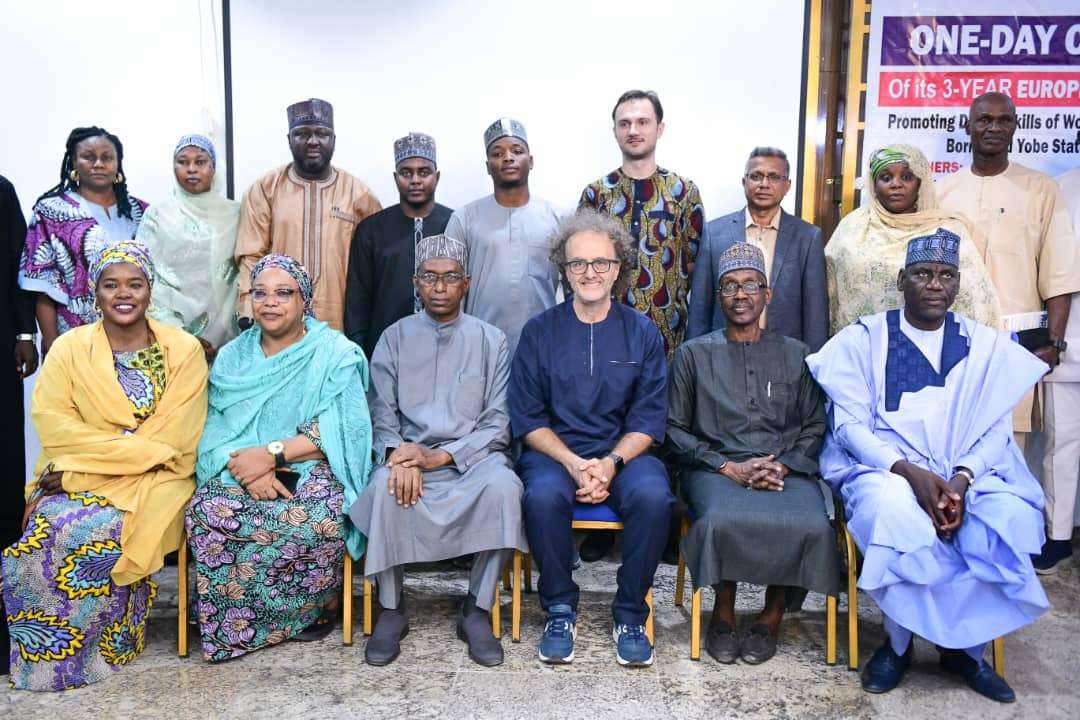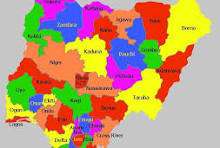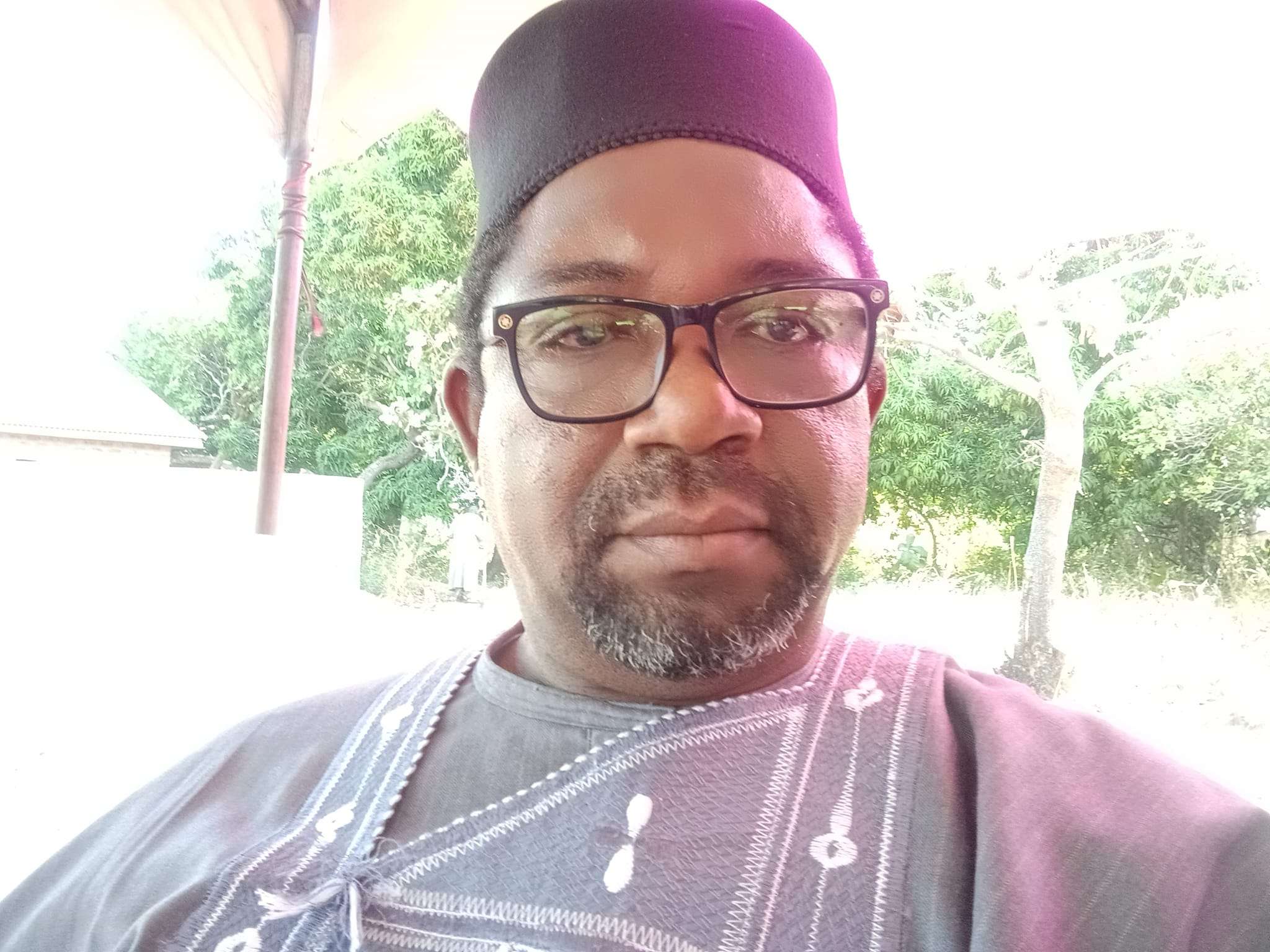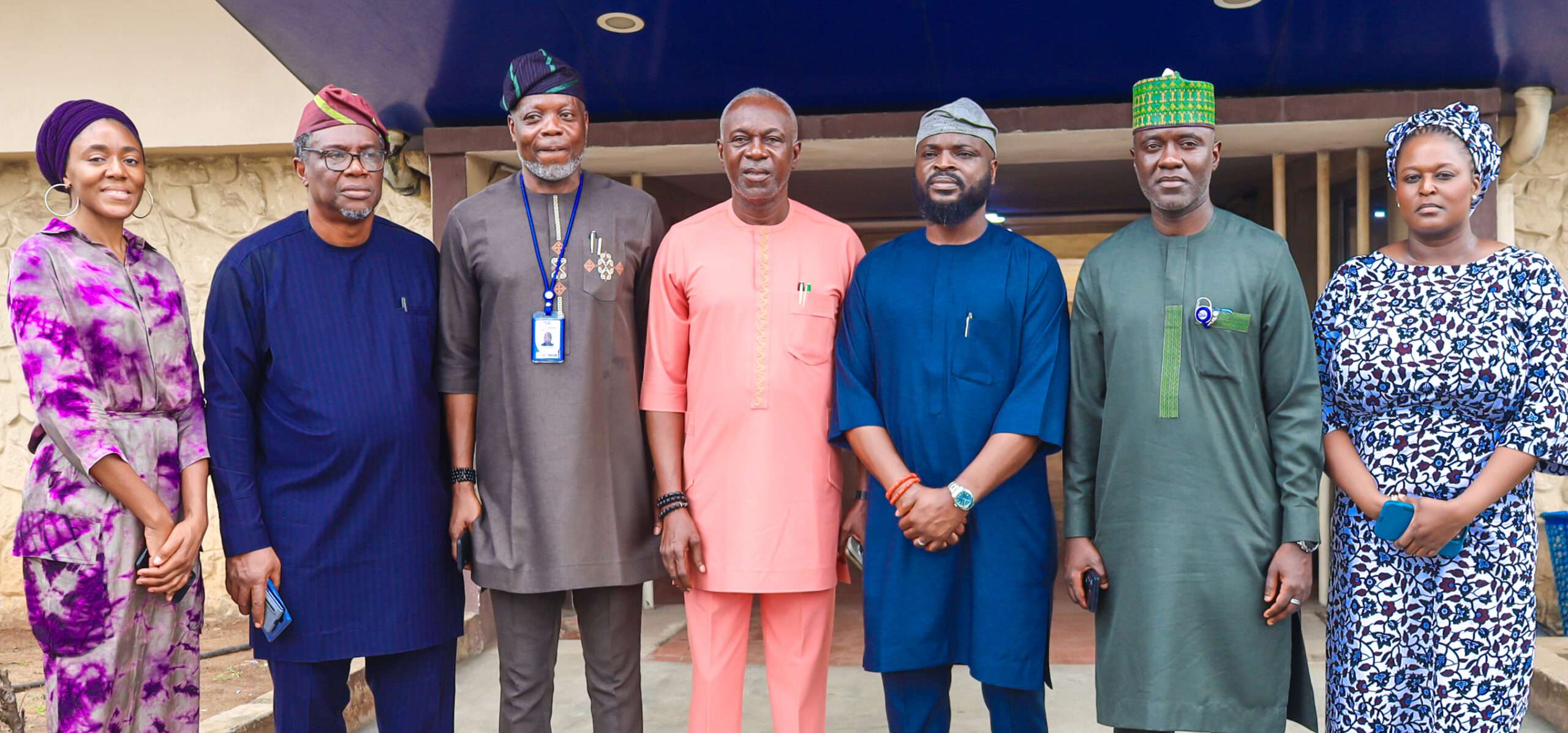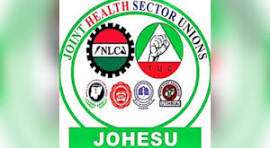African Trade Union leaders have raised deep concerns over Africa’s mounting debt burden and unbalanced trade policies, which according to them, were stifling industries, deepening inequality, and fueling job losses across the continent.
The union leaders who spoke on Monday at the ongoing Debt and Trade for the Economic Emancipation of Africa workshop organized by the Ghana Trades Union Congress (TUC) in collaboration with International Trade Union, ITUC-Africa, lamented that debt repayment eclipses investments in jobs, infrastructure and social protection, leaving millions trapped in poverty.
General Secretary of ITUC-Africa, Comrade Akhator Joel Odigie who stressed the need to escalate the push for debt justice and people-centered trade governance, warned that current trade patterns were failing the continent.
He said: “Debt is not inherently bad; it is a function of loans that, if well-managed, can drive development. The problem is when debt becomes a burden, when it hangs on our necks like a noose, creating a crisis instead of opportunity.”
“Trade should drive growth and prosperity, but the reality that trades we see on our continent does not provide jobs. It does not prioritize decent work or improve workers’ welfare, and that is a serious concern for us.”
Odigie who advocated and urgent need for Africa to redefine its approach to both debt and trade, maintained that debt and trade should not strip the continent of its sovereignty or economic future.
“We will not trade away our right to industrialization, and cannot achieve industrialization one country at a time. It must be a Pan-African process built on collective effort and, importantly, on global South-led negotiation.
Speaking further, Odigie who lamented the export of raw minerals and the loss of value-added opportunities, demanded a renegotiation of existing mining licenses under the African Mining Vision.
“Currently, Africa continues to export raw minerals, and with them, jobs and development opportunities. This must change. Trade unions and non-state actors have a critical role in reshaping these dynamics,” he added.
The ITUC-Africa General Secretary further criticized the African Continental Free Trade Area (AfCFTA) for omitting labour protections, calling it a “glaring omission” that threatens to make the agreement a jobless growth project.
“We have developed a zero draft of what a labor protocol should look like, and by the first quarter of next year, we aim to finalize it and engage with the African Union.
“On August 29, we will hold the African Sovereign Debt Rally in Accra. This rally will not be a token event; we intend to shut down Accra for Africa. Why Accra? Because Ghana was the cradle of Africa’s independence struggle, and today it must again become the platform for a new struggle for the continent’s economic independence.
“Let us be clear—debt cancellation is not charity; it is reparation. Africa is not a debtor continent; Africa is a creditor continent. We are owed, not the other way around, when you account for slavery, colonial exploitation, and the ongoing bleeding of our resources through illicit financial flows and unfair economic systems.”
Secretary General of Ghana TUC, Joshua Ansah who underscored the devastating social cost of debt, described it as a “constraint on our sovereignty” and a direct assault on workers’ livelihoods.
“When debt consumes more than half of national resources, governments are left with very little room to invest in jobs, industries, and social protection.”
According to Ansah, more than half of Ghana’s government revenue currently goes into debt servicing, leaving crumbs for education, healthcare, and infrastructure.
“For us as workers’ organizations, this is not an abstract debate. It is about whether our children have schools to attend. It is about whether our families can access basic healthcare when they fall sick. It is about sovereignty and dignity.”
He warned that without urgent reforms, Africa would remain trapped in a vicious cycle of borrowing and austerity saying, “Debt has become a new form of dependence. It limits our ability to invest in workers, in youth, and in women. It drives governments towards austerity that punishes citizens while creditors are paid in full.”
Ansah called for a fair and transparent debt system that measures sustainability not only by a country’s ability to repay creditors but by its capacity to protect citizens, even as he pledged continued education, advocacy, and collective action until “debt solutions serve people before profits.
“We must tell our government and creditors: Ghanaian workers will not carry the burden of debt alone,” Ansah added.
Representative of the African Union’s Economic, Social and Cultural Council, Mr. Sefah Bright reinforced the urgency of inclusive policies within the AfCFTA and greater empowerment for marginalized groups, adding that that trade could not thrive without the free movement of people.
“AfCFTA was created for the African people. Therefore, we must demand what belongs to us. Free movement across African borders remains critical.”
ITUC-Africa Chairperson Gladys Branche who called for policies that translate from paper to practice, drew attention to the plight of women in trade, noting that over 90% of them remain trapped in informal work.
“When we talk about trade especially cross-border trade, women within the African structure remain highly marginalized. They face challenges in understanding trade rules, bilateral agreements, and insecurity. Education and knowledge are critical.”




